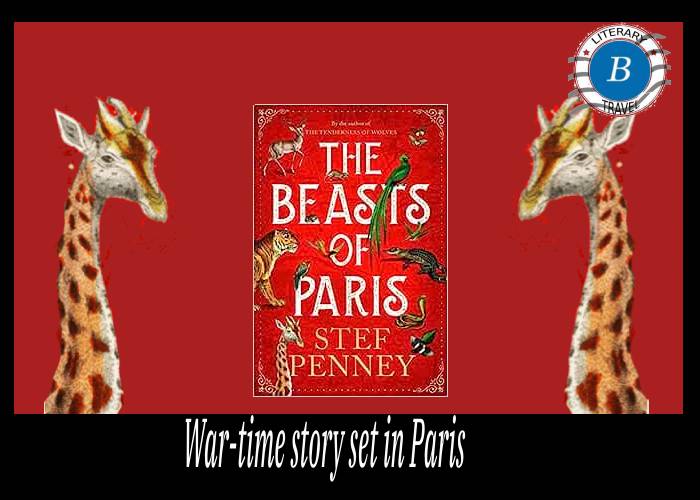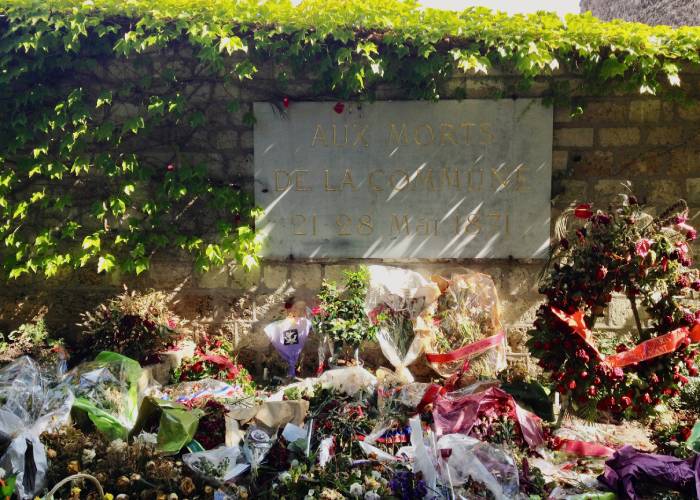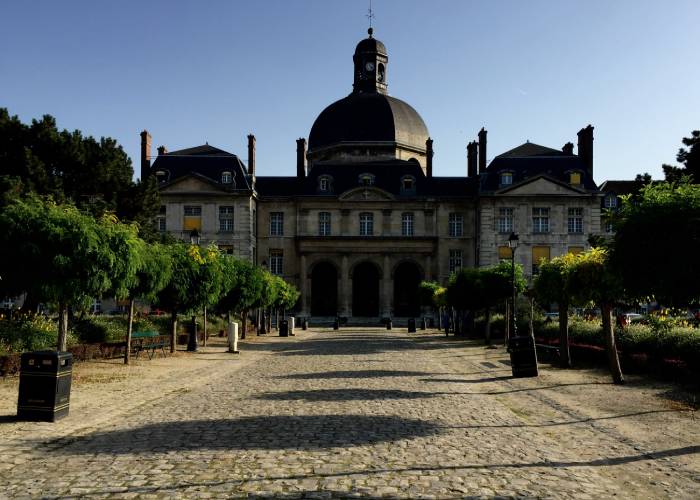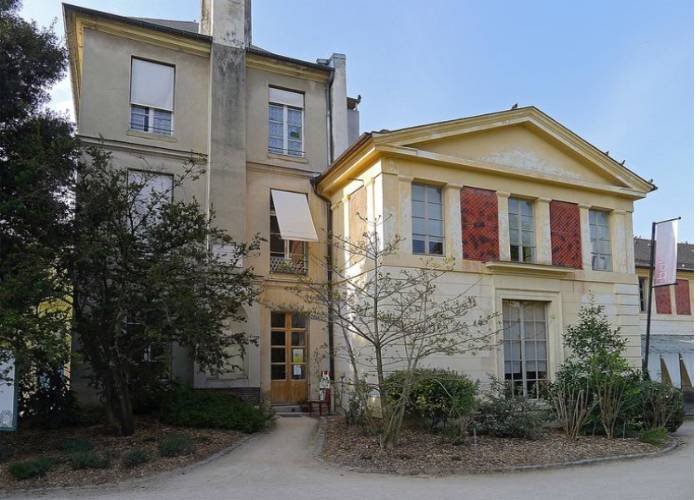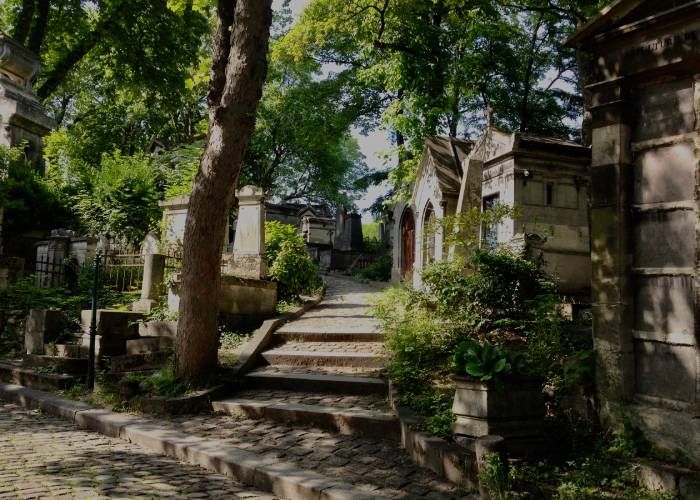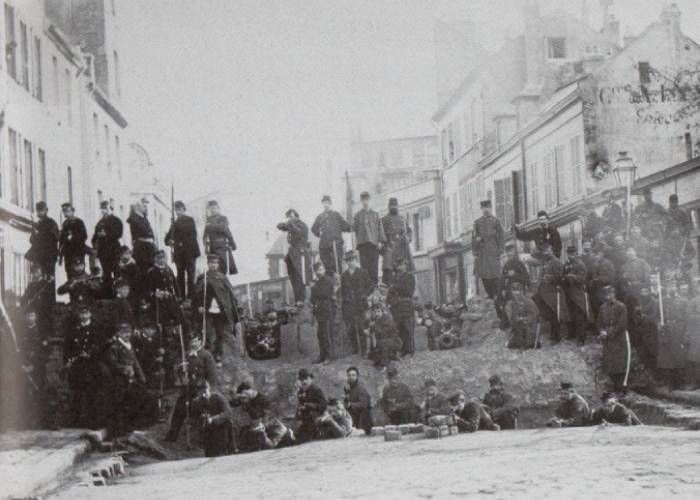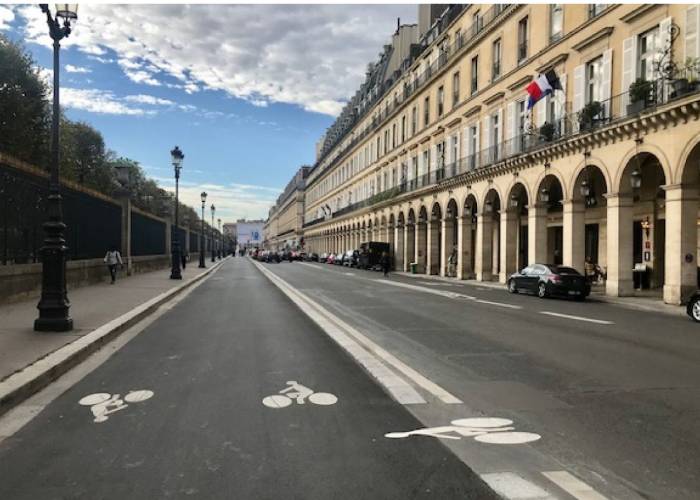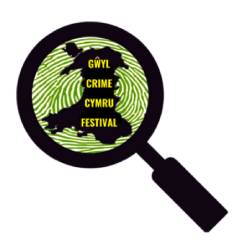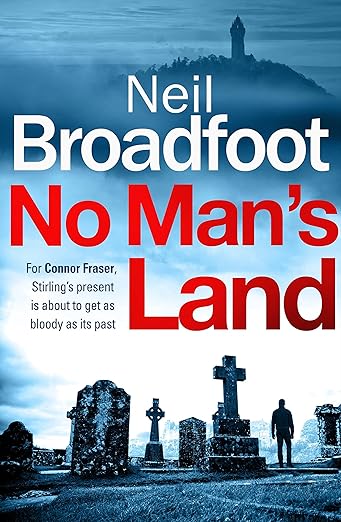Stef Penny travels to locations in The Beasts of Paris
Beasts in Paris
The AMAZING Stef Penney is in BookTrail Towers today, ready to chat all things Beasts of Paris which was published today July 4th.
Discover the locations in The Beasts of Paris
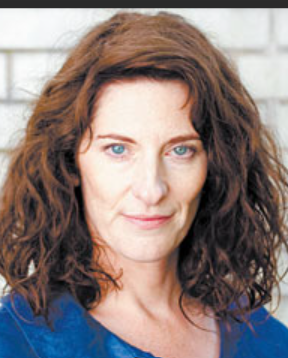 I’ve been used to creating landscapes in my books that are collages of found images, impressions, maps, descriptions and memories of other places. The Beasts of Paris is my fourth book, but it’s the first set in a place I have actually been to!
I’ve been used to creating landscapes in my books that are collages of found images, impressions, maps, descriptions and memories of other places. The Beasts of Paris is my fourth book, but it’s the first set in a place I have actually been to!
I was interested to see how different it would be to write about a place I know quite well. Although I’ve visited the city many times (and I worked there, long ago, as an au pair), I’m not convinced that having spent time there make a huge difference to conjuring a compelling spirit of place.
Of course, no matter how well you know somewhere, you can’t travel back in time to experience it as it was in the second half of the 19th century…
Discover the locations in The Beasts of Paris
Paris is thought of as a city of pleasure and culture (and of course it is), but its history contains many dark and disturbing chapters, and The Beasts of Paris is set during one of them. This short (less than a year), shockingly turbulent time was the Franco-Prussian War of 1870, the Siege of Paris, which took place over the winter of 1870-71, when the city was bombed and then starved by the invading Prussian army, and the subsequent uprising that led to the short-lived Paris Commune in the spring of 1871.
I first became fascinated by the Commune while staying with my sister (also an au pair) at the age of 16; I was fascinated by the history of the first progressive, workers-led government in the world. We made a pilgrimage – as many still do – to the Communards’ Wall in Pere Lachaise cemetery, where the last Communard fighters were gunned down, and there, among the tributes, which are still laid every May, something must have stuck.
Discover the locations in The Beasts of Paris
Three main characters in the book come from different levels of society: Anne Petitjean is a former patient at the Salpetrière women’s mental hospital – this hospital still exists on the Left Bank of the Seine.
Discover the locations in The Beasts of Paris
Discover the locations in The Beasts of Paris
Right next door is the Jardin des Plantes, with the Menagerie that has been there since the time of the Sun King. The proximity of the two was a gift I couldn’t refuse – and when I read what happened to there during the siege, I knew that the zoo and its inhabitants would be a huge part of the story. The Maison de Cuvier, which used to house the zoo’s veterinarian, is a key location – it’s still there today.
Discover the locations in The Beasts of Paris
Then there is Lawrence Harper, a Canadian photographer who lives and works at the eastern end of the Boulevard St Germain – again, not far from the zoo – in a studio that sells portraits out the front door, and erotic postcards out the back (very much based on fact!). He has come to Paris to be an artist, and also to find a place that is less repressive to a young, gay man.
Discover the locations in The Beasts of Paris
Ellis Butterfield, a former US army surgeon, is the nephew of the American Ambassador to Paris, and shuttles between his own modest digs on a Montmartre hillside, where he tries to write poetry and forget his Civil War-scarred past, and his uncle’s beautiful residence in the suburb of Passy. Lawrence encounters Ellis at an artist’s studio in the Batignolles, and then as part of a bohemian group of friends who meet in a café near Montparnasse cemetery.
Discover the locations in The Beasts of Paris
The lives of these characters, and others, become entwined as the hardships of the siege begin to bite, and it culminates with ‘Bloody Week’ – the horrific civil war in the streets of Paris that spelt the end of the Commune.
Discover the locations in The Beasts of Paris
Other key locations are the bohemian cafes of Montparnasse and Montmartre, which was then the nucleus of the city’s discreet gay scene and the old city walls which came under sustained bombardment during the Siege,.
Famous streets like the Rue de Rivoli, Rue Mouffetard and the Place Blanche and others in the centre of Paris also feature. This is where the Communards, men and women, built their barricades and fought desperately to keep the dream of Commune alive.
Wow thank you so much Stef for a wonderful insight into a stunning book!
BookTrail Boarding Pass: The Beasts of Paris
Web:/stefpenney.com

